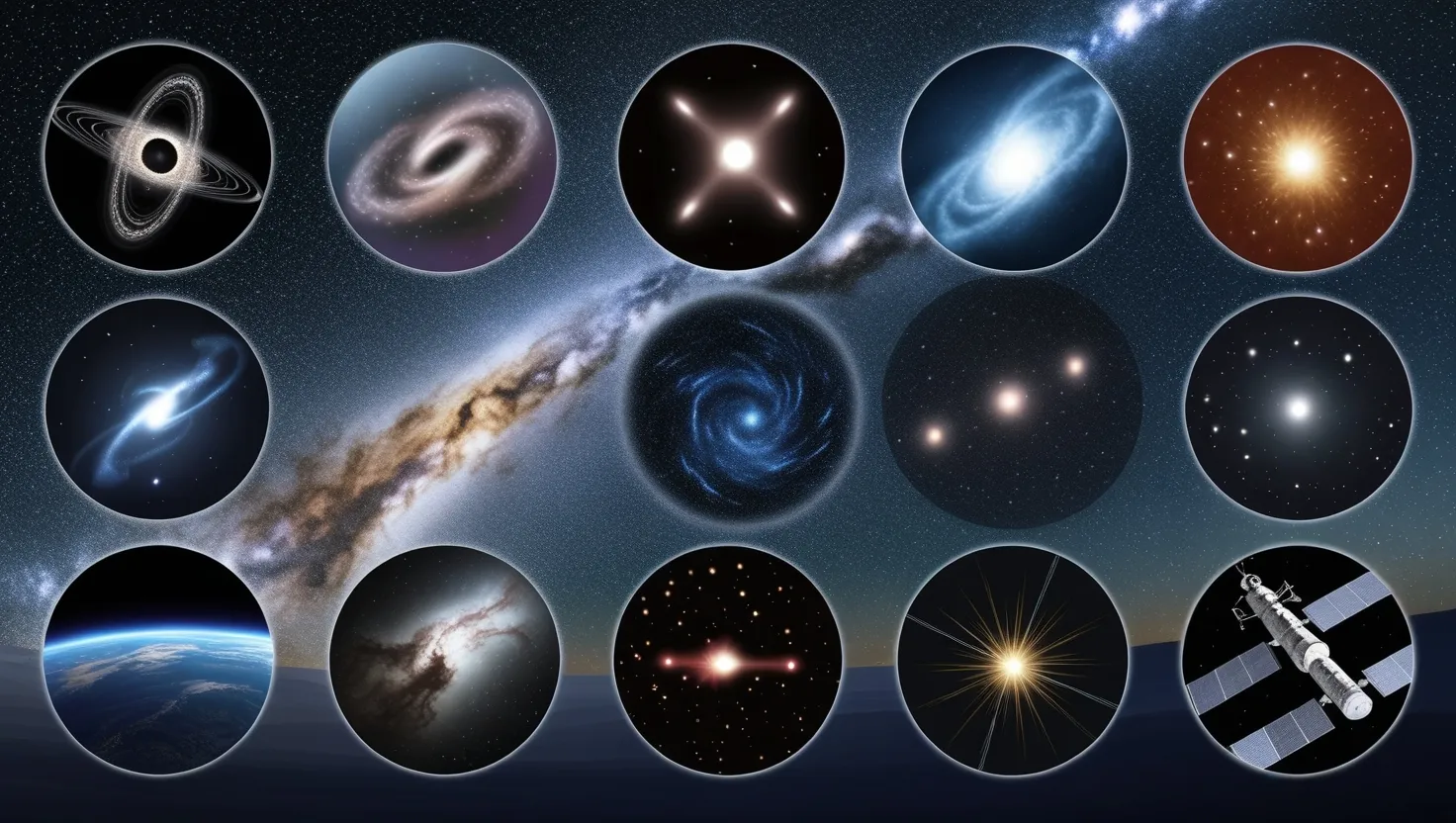9 Mind-Bending Cosmic Phenomena That Defy Scientific Explanation
Discover 9 cosmic mysteries that challenge astronomical understanding—from the Great Attractor to Tabby's Star. Explore unexplained celestial phenomena that continue to baffle scientists and spark our imagination. Join our journey through space.

The 100-Year Pitch Drop Experiment: Science's Slowest Race Against Time
Discover the century-old Pitch Drop Experiment where solid meets liquid. Explore the strange physics of pitch, 230 billion times more viscous than water, and the human drama behind science's ultimate test of patience. Learn what this reveals about matter.
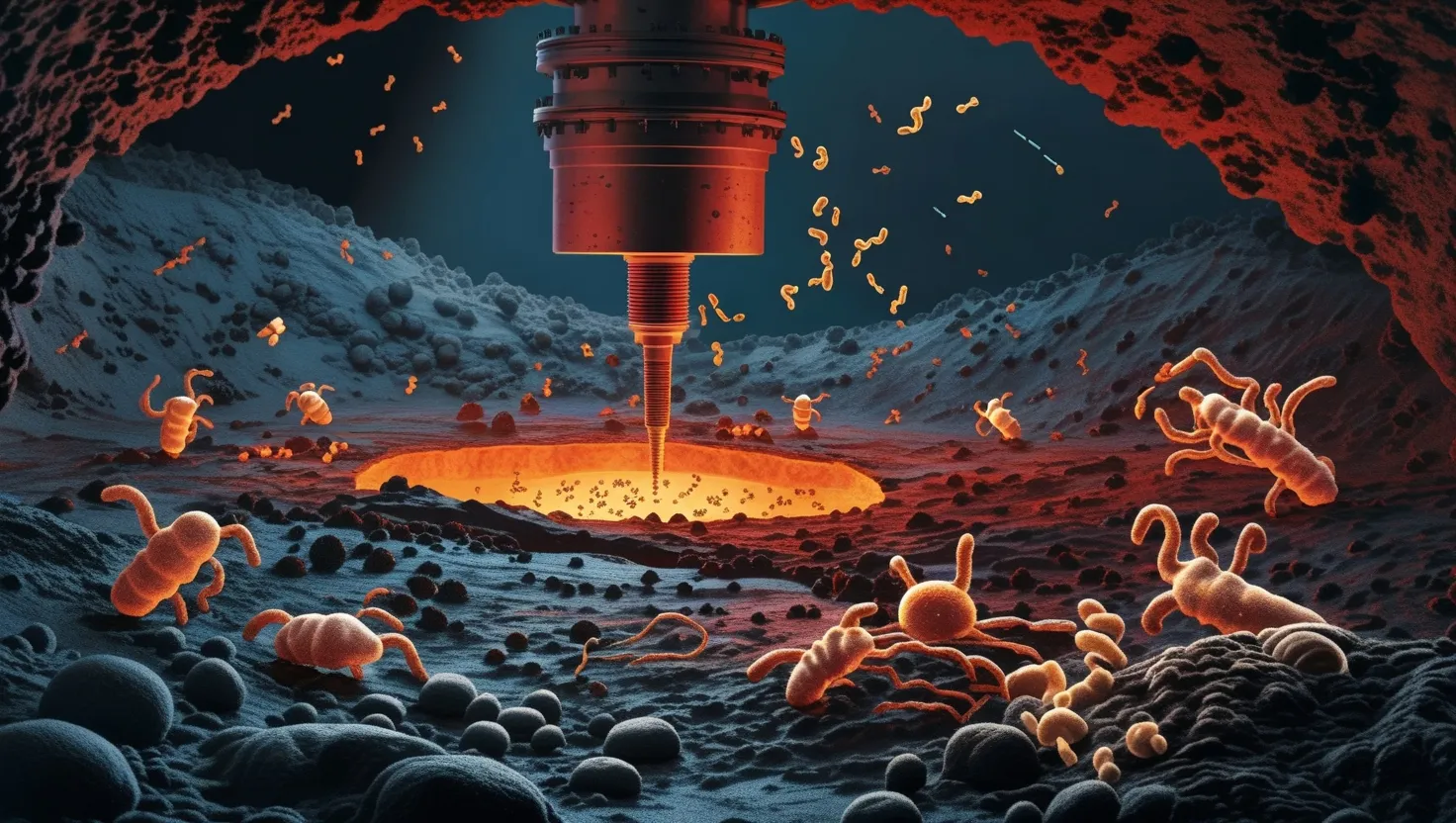
Ancient Microbes Found 7,000 Meters Deep Challenge Evolution Theory
Discover ancient microbes found 7,000m deep in the Kola Superdeep Borehole. These 2.5-billion-year-old organisms challenge our understanding of life with unique DNA. Learn how these findings reshape astrobiology and what they mean for life beyond Earth.
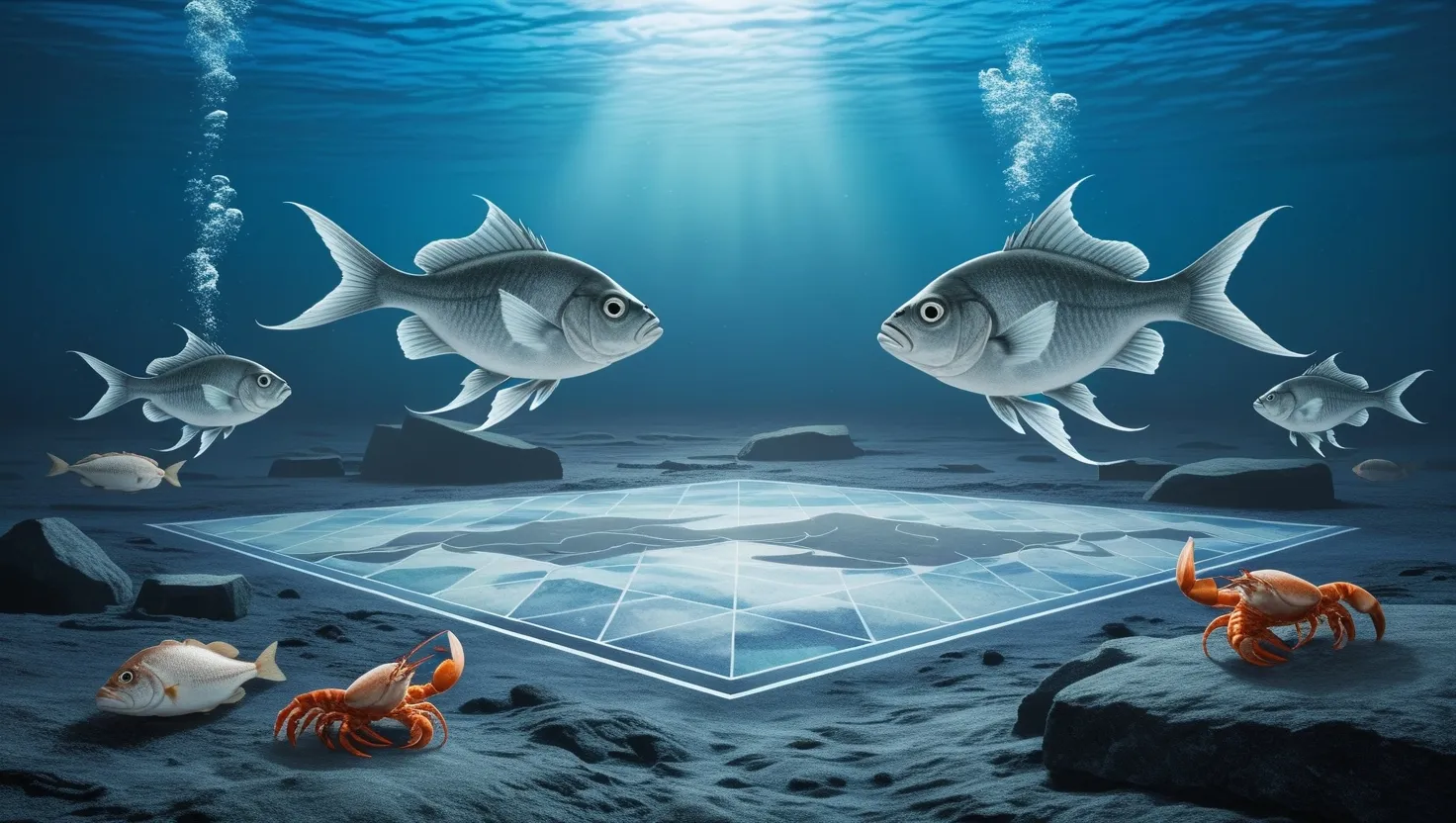
Baltic Sea Genetic Anomaly: Extraordinary Marine Mutations Baffle Scientists
Discover extraordinary genetic anomalies in Baltic Sea marine life showing superhuman healing abilities. Learn how localized mutations could revolutionize medicine and what scientists theorize about this evolutionary marvel. Find out why researchers are racing to understand this phenomenon.

The Bigelow Ranch Mystery: 23.8 kHz Frequency Shift Challenges Physics as We Know It
Discover the Bigelow Ranch Frequency Shift - the 23.8 kHz electromagnetic anomaly challenging physics in Utah. Learn how this precisely measured phenomenon might reveal new quantum principles and what scientists are finding beneath the surface. Explore the mystery today.
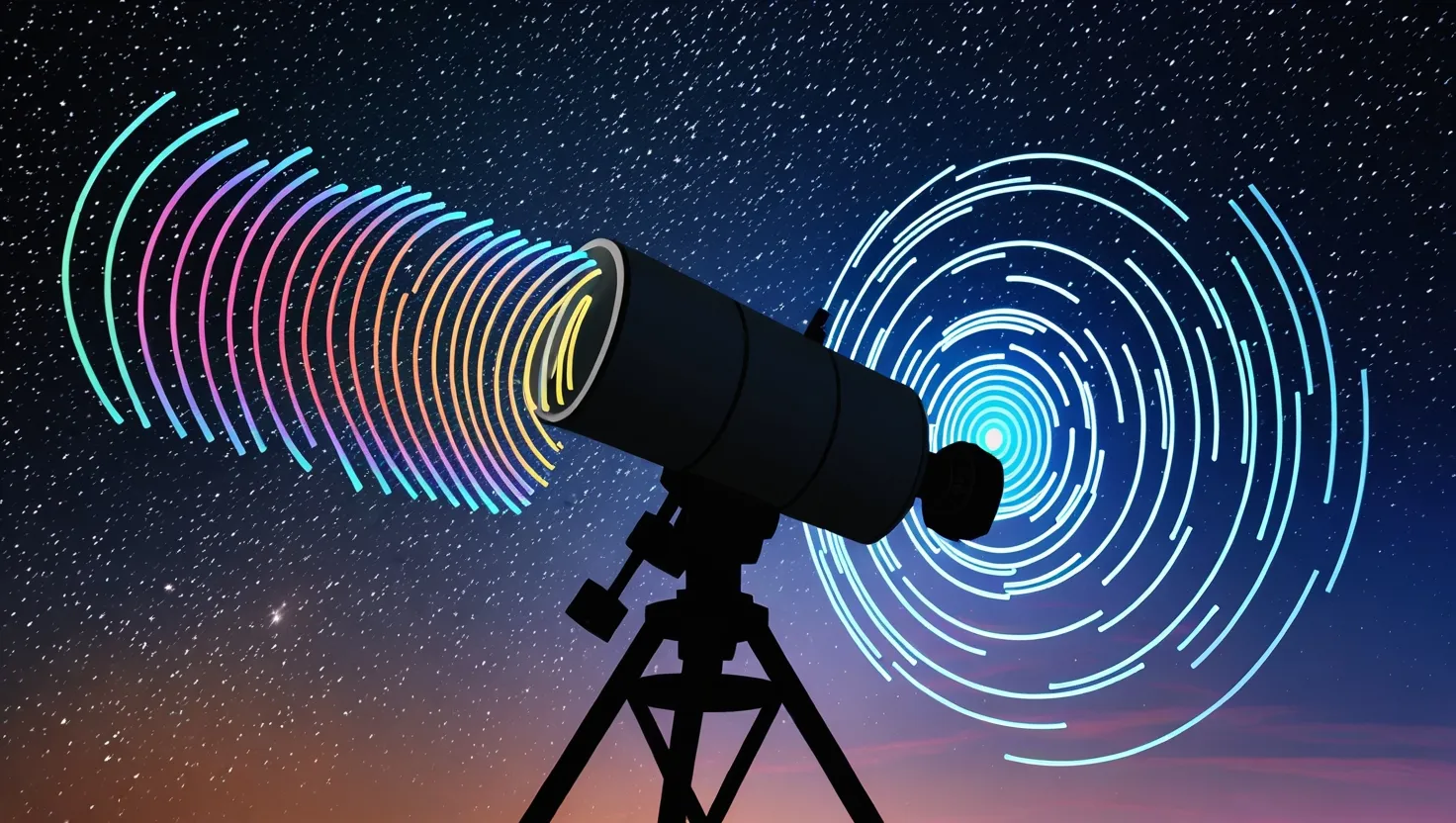
9 Mysterious Space Radio Signals That Baffle Astronomers Today
Explore 9 mysterious cosmic radio signals that baffle astronomers, from the Wow! Signal to FRBs. Discover the science behind these space mysteries and the fascinating theories explaining their origins. Read now for cosmic intrigue.
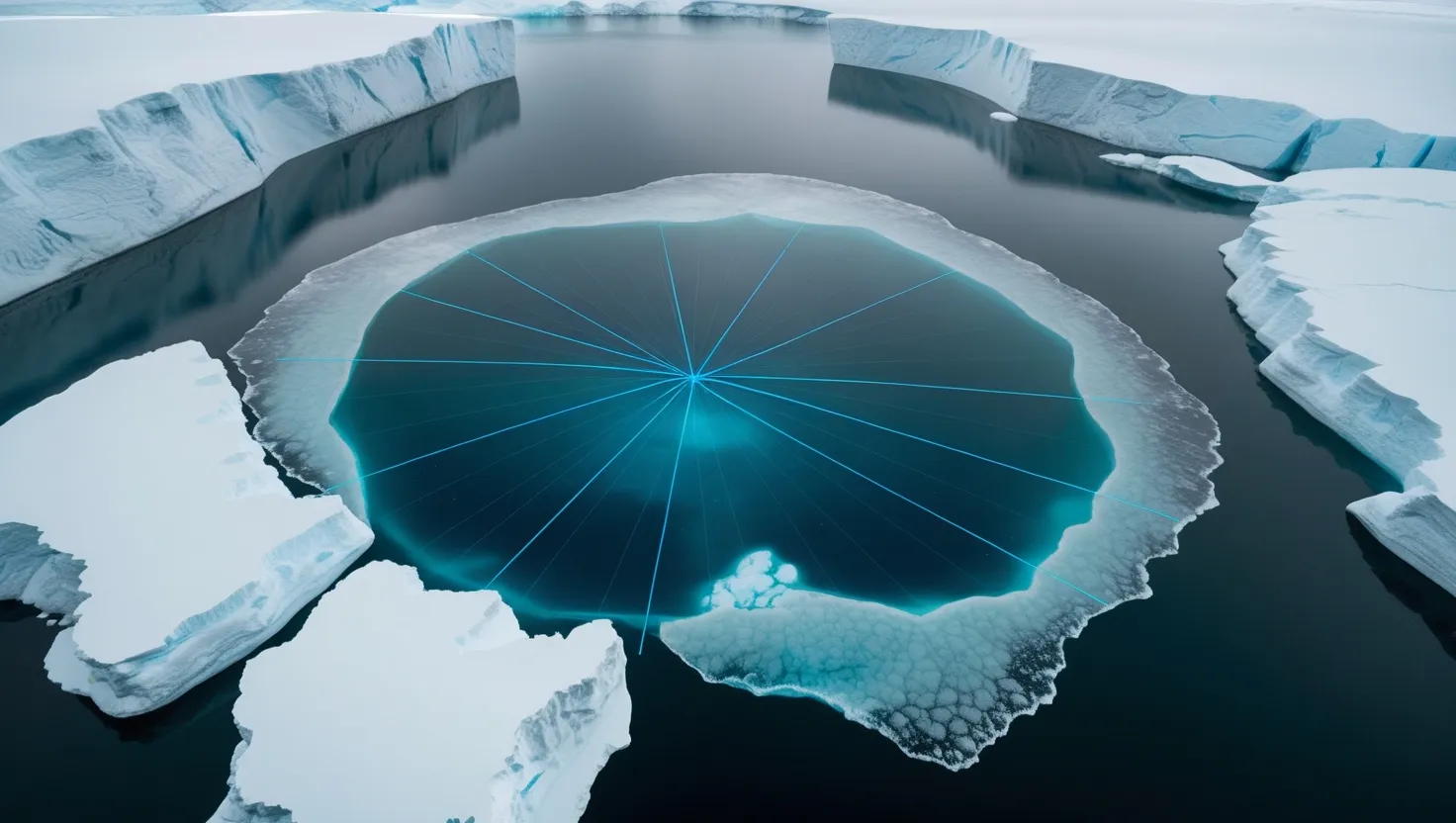
Lake Vostok's Magnetic Mystery: Ancient Secrets Beneath Antarctic Ice
Discover Lake Vostok's mysterious magnetic anomalies beneath Antarctic ice. Explore how these shifting patterns challenge scientific understanding of Earth's last frontier. Learn about ongoing research into this 15-million-year-old subglacial lake. #Antarctica #Science
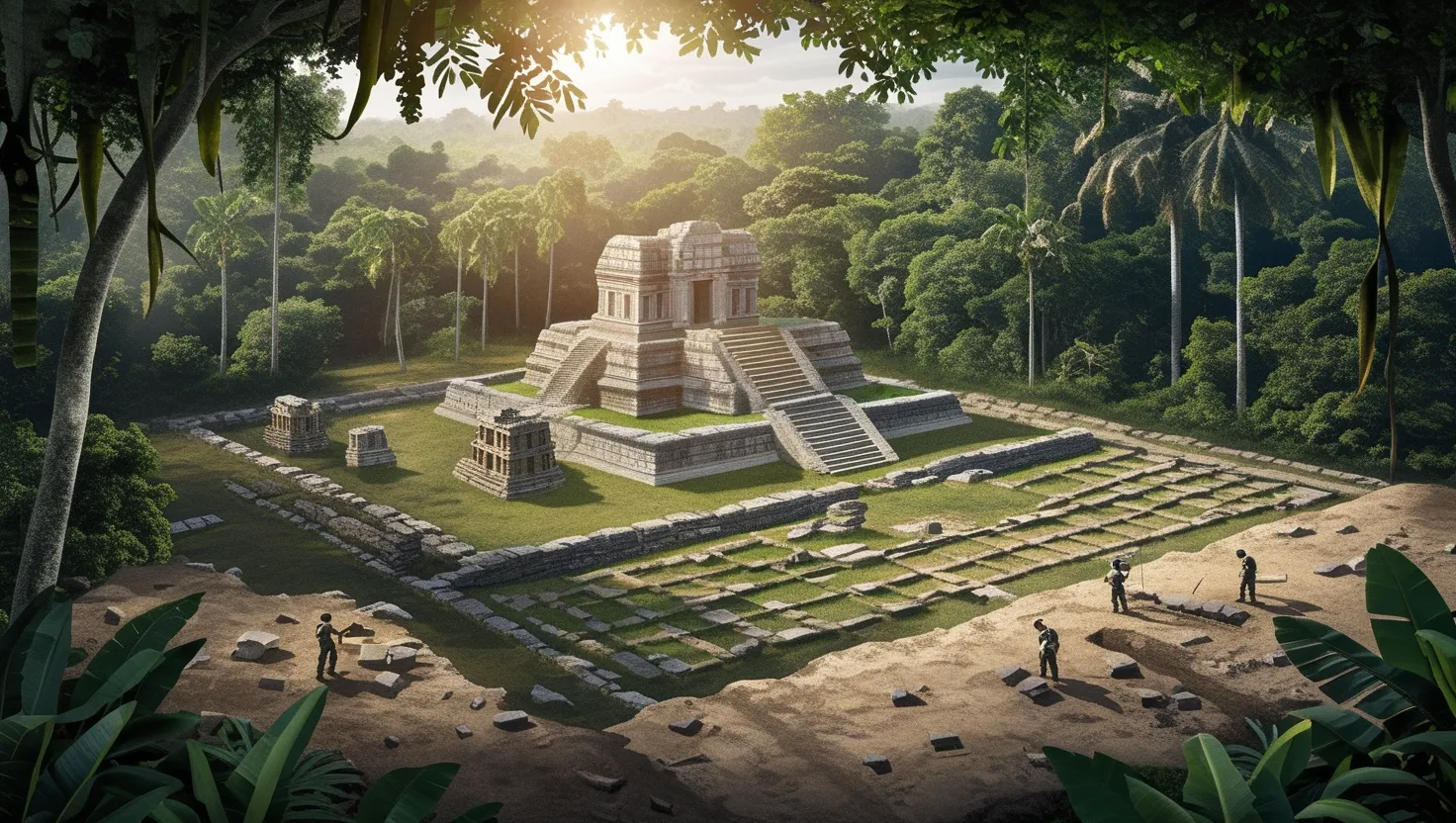
6 Ancient Lost Cities Discovered in Extraordinary Ways: Archaeological Marvels Revealed
Discover how 6 legendary lost cities were accidentally found - from underwater ruins to jungle metropolises. Explore how these remarkable archaeological finds changed our understanding of ancient civilizations. Start your adventure into the past now.
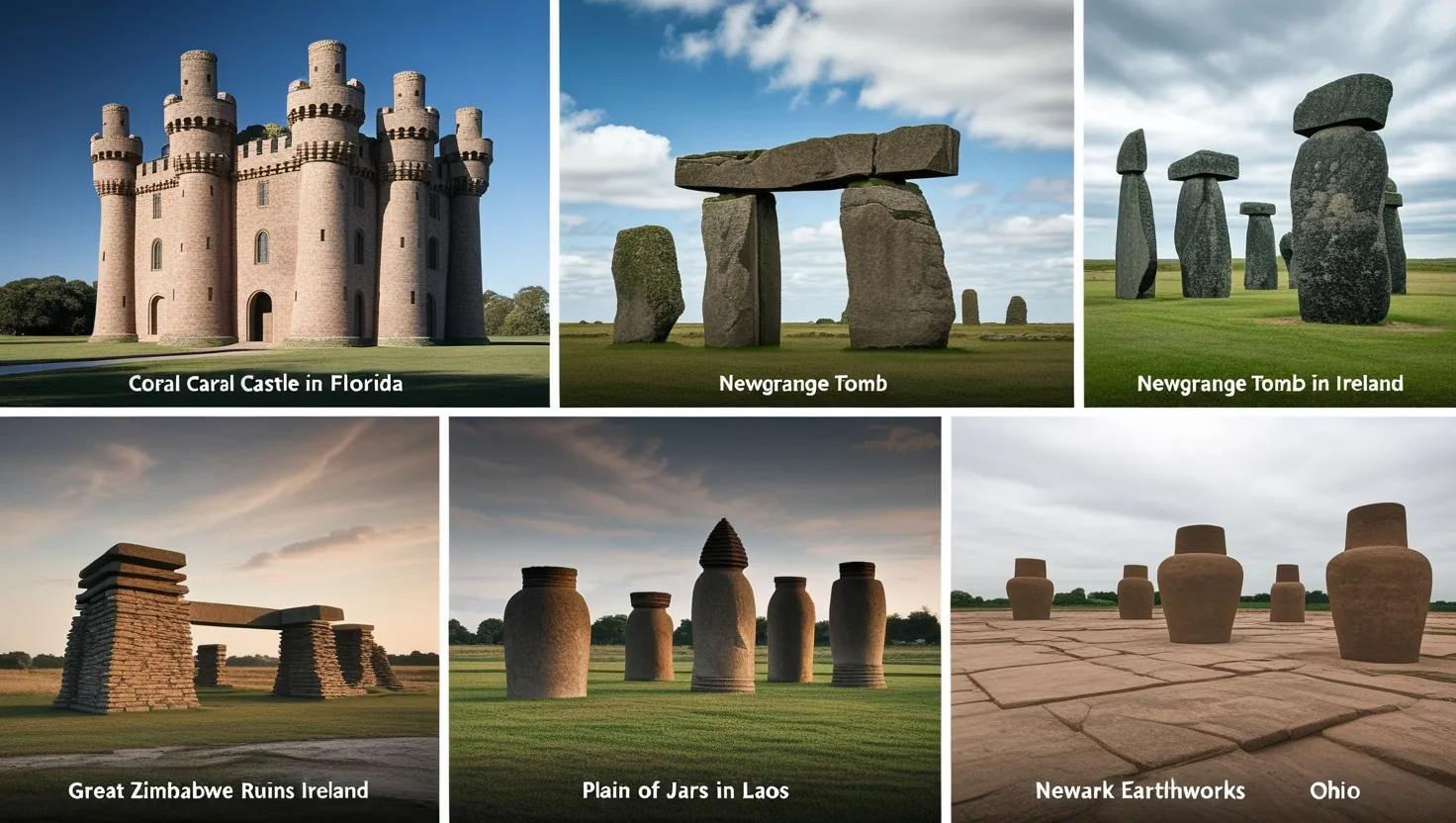
5 Mysterious Ancient Structures With No Building Records: Engineering Marvels Explained
Discover 5 inexplicable ancient structures built without records - from Coral Castle's one-man marvel to the astronomically precise Newark Earthworks. Explore how these engineering feats challenge our understanding of historical capabilities.

Pine Barrens Sonic Anomaly: The 3.7-Second Echo That Science Can't Explain
Discover the Pine Barrens Sonic Anomaly where human voices echo precisely after 3.7 seconds while artificial sounds vanish. Explore this genuine scientific mystery in New Jersey's wilderness that challenges our understanding of acoustics. Learn what the forest might be telling us.

8 Missing Historical Treasures That Captivate Treasure Hunters Worldwide
Discover 8 legendary lost treasures that vanished throughout history. From the Amber Room to Montezuma's gold, explore fascinating mysteries that continue to captivate treasure hunters worldwide. Join the search!

Ancient Bacteria in Siberian Permafrost Reveal 3.5-Million-Year Survival Secrets
Discover ancient bacteria emerging from Siberian permafrost after millions of years. Learn how these microbes challenge scientific understanding and could revolutionize medicine. Read about this remarkable discovery.

Magnetic Mountain in China: Cars Roll Uphill on This Mysterious Road (Study Reveals Why)
Discover China's mysterious gravity-defying road where cars roll uphill at 15-20 km/h. Explore the science behind this natural magnetic anomaly in Sichuan that challenges physics. Learn more! #Science #Mystery
